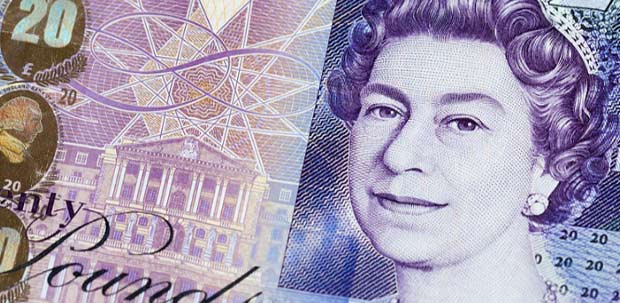At Paul Crowley & Co we specialise in the defence of a range of fraudulent acts. Fraud is a complex area and in this blog we take a look at the most common forms and what they actually mean.
Money Laundering
Money laundering refers to the process of making large amounts of money, obtained from criminal activity, appear as if it has been derived from a legitimate source. The illegal money is considered ‘dirty’ and the process ‘launders’ the money to make it clean.
At the end of 2017, the government announced plans to create a new national economic crime centre to crack down on money laundering.
This centre will sit within the National Crime Agency and also target drug dealers and people traffickers. Official figures suggest £90bn is laundered in crime proceeds through the UK each year.
Tax Fraud
Tax fraud, or tax evasion, involves the theft of taxes that should be made to HMRC (Her Majesty’s Revenue and Customs).
This is when an individual or company avoids their tax liability by deliberately failing to declare their income, or by falsifying expenses. It also includes smuggling goods that are liable to excise duty, customs duty or VAT.
VAT Fraud
VAT fraud is a type of tax evasion and occurs when a business doesn’t charge VAT when they should or charges VAT but doesn’t pay it to HMRC.
A common example of this is when an electrician or plumber does some work on your house. They offer to accept a cash-in-hand payment to save you VAT on the cost of the job.
Accepting cash to avoid VAT is tax evasion, which is against the law.
Proceeds of Crime
The Proceeds of Crime Act 2002 is when any money earned as a result of, or in connection with, an offence can be recovered under this legislation. Read more here…
It can be recovered in a number of ways, for example, anyone convicted of a crime can be ordered to pay and the court would calculate how much they were required to hand over. If the person failed to pay, then they could face prison.
Alternatively, the police can seize £1,000 or more cash on the spot if they have reason to think someone might have earned it through illegal activity. A court would then decide whether that money was earned from criminal activity, and whether it should be forfeited.

